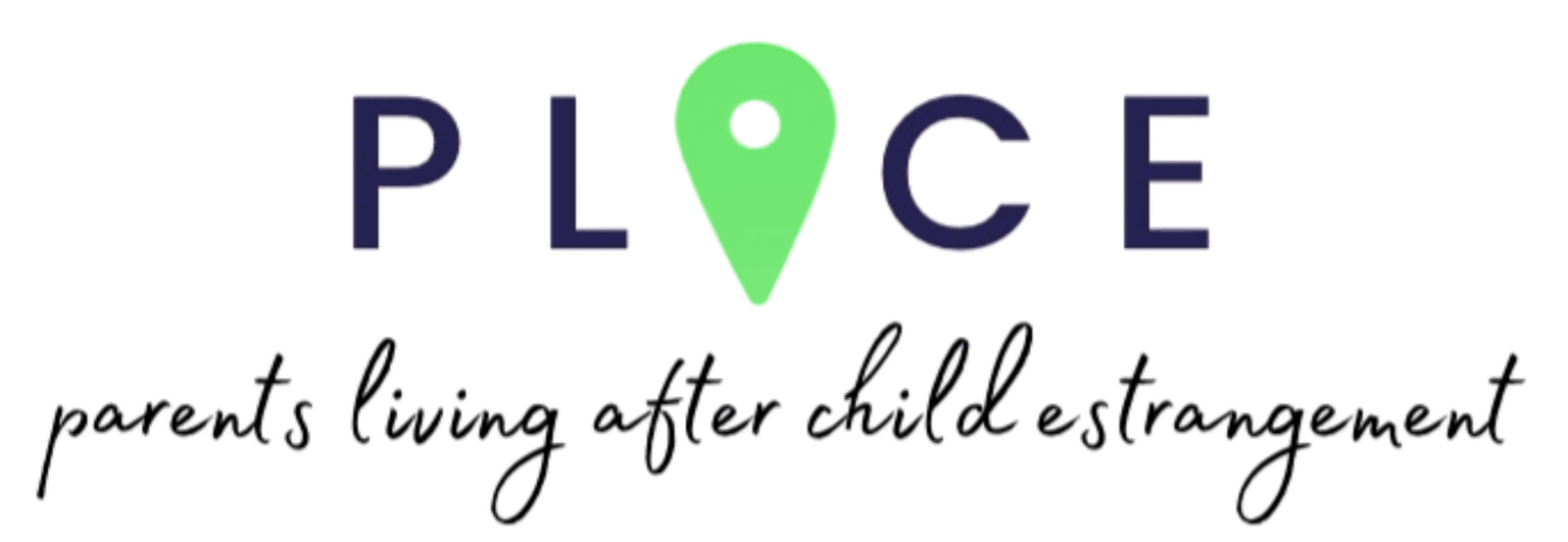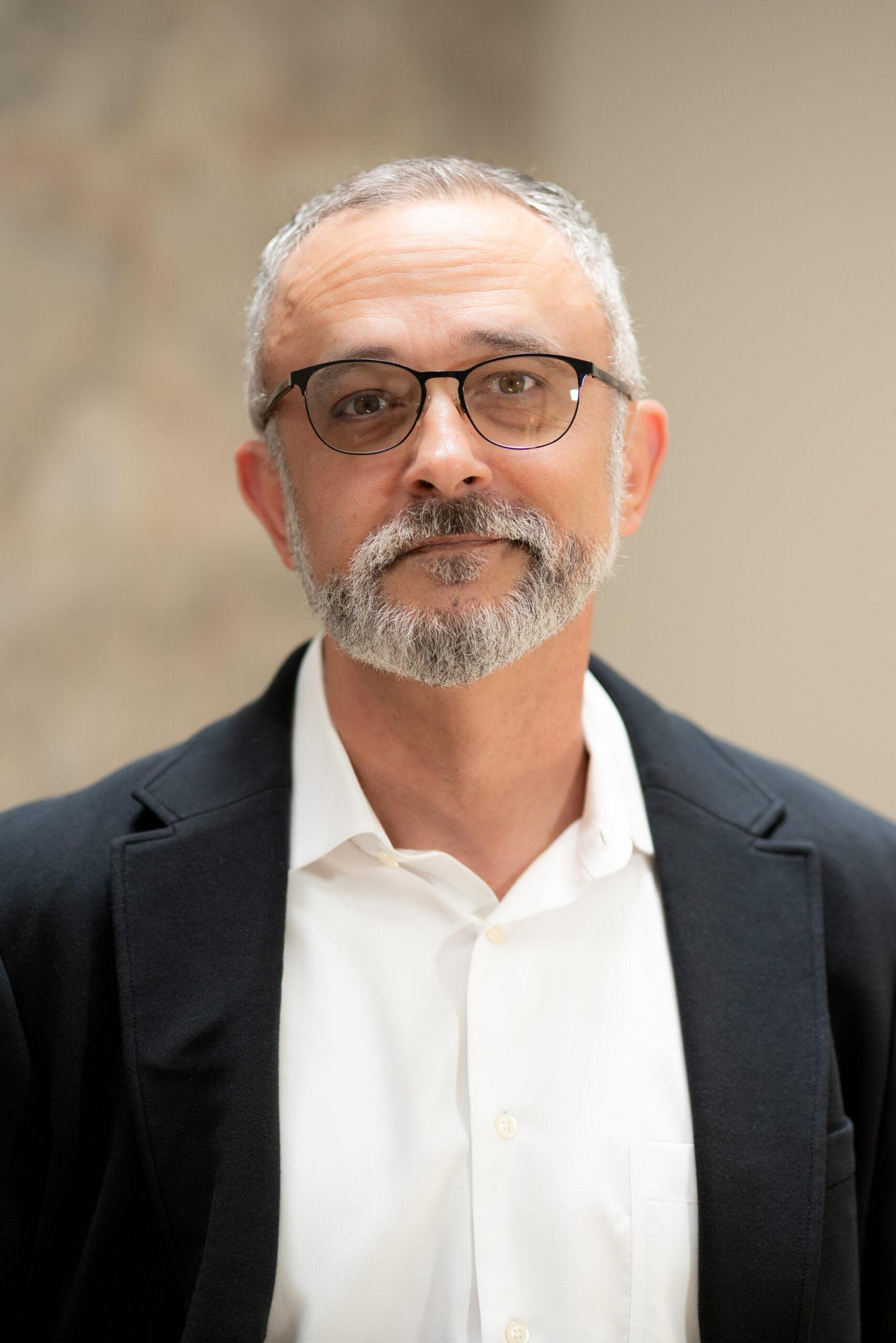If your child has cut you out of their life, the pain is unlike anything else.
As a parent, you might feel like your world’s been turned upside down. Maybe it happened suddenly, without warning. Maybe it was gradual—a growing silence that turned into a full disappearance. Whether there was an explosive fight or just a slow, confusing drift, you now find yourself in the unthinkable place:
Your child has chosen not to speak to you.
I want you to know: this experience deserves care, attention, and healing—and therapy can be one of the most powerful tools on that journey.
I’m Brian Briscoe, a dually-licensed therapist and the founder of PLACE (Parents Living After Child Estrangement). I’ve worked with hundreds of parents navigating the complex grief, trauma, and confusion that come from being cut off by a son or daughter.
If this is where you find yourself, I want to walk you through:
- Why therapy can help
- What good therapy looks like for estranged parents
- What kind of healing is possible (even without reconciliation)
- How to find support that doesn’t blame or shame you
Let’s start by naming the truth most parents don’t get to say out loud:
Being cut off by your child can feel like a living grief—and no one prepares you for it.
What Does Estrangement Do to a Parent?
When a child ends the relationship, most parents feel disoriented. The usual rules of parenting don’t apply anymore. There’s no one to discipline, nurture, protect, or guide. Instead, you’re left in silence, often with no closure, no explanation, and no power to fix it.
Parents describe feeling:
- Grief (as if the child has died—but with no funeral, no rituals, and no condolences)
- Shame (believing they failed as a parent, or internalizing cultural judgments)
- Isolation (many don’t tell friends or family out of fear of judgment)
- Fear (wondering, Will they ever speak to me again?)
- Hopelessness (not knowing how to move forward)
What makes this worse is the lack of safe, supportive spaces to talk about it. Parents are often told things like:
- “You must have been toxic.”
- “You need to apologize more.”
- “They’re just setting boundaries—you need to respect them.”
But these surface-level takes miss the complexity. Sometimes a child sets boundaries in a healthy way. Other times, they cut contact without dialogue, leaving parents reeling and lost.
Why Therapy Can Be So Helpful
Therapy gives you what the outside world usually doesn’t:
✅ A space where you’re not blamed for every aspect of the estrangement
✅ A trained professional who can help you untangle the pain
✅ A confidential, judgment-free environment to tell your whole story
✅ A place to feel your emotions fully without being silenced
✅ Tools to rebuild your identity and purpose beyond the parent role
Let’s be clear: therapy won’t magically bring your child back. But it will help you heal from the inside out—whether reconnection happens or not.
Here’s how.
What Therapy Can Help You Do
1. Process the Grief of Estrangement
Estrangement grief is complicated. You haven’t lost your child to death, but you’ve lost the relationship as you knew it. This type of grief is called ambiguous loss, and it creates unresolved pain.
In therapy, you’re allowed to:
- Mourn the dreams you had for the relationship
- Talk about the confusion and lack of closure
- Say things out loud that you can’t say anywhere else
- Revisit the past not to blame yourself, but to understand it
Healing begins when we stop running from grief—and therapy can give you the tools to face it with compassion.
2. Explore Your Own History (Without Shame)
Many parents wonder:
“Did I cause this?”
“What did I do wrong?”
“Was I too strict, too lenient, too involved, too absent?”
Therapy is a safe place to explore those questions without spiraling into shame or blame. Sometimes there are patterns worth unpacking. Sometimes you’ll discover things that make more sense in hindsight.
But here’s the key difference: therapy doesn’t define you by your mistakes. Instead, it helps you understand your relational patterns—and grow from them.
3. Set Boundaries (Yes, Parents Need Them Too)
Estranged parents often live in fear:
- “What if they reach out, but I say the wrong thing?”
- “How do I respond if they’re angry or cruel?”
- “Am I allowed to protect my own peace?”
Therapy helps you reclaim your right to set boundaries—not to punish your child, but to protect your own emotional well-being.
You’re allowed to say:
- “I want connection, but not at the cost of my self-worth.”
- “I’m willing to have a relationship, but not one built on blame or control.”
- “I will respond with kindness—but not tolerate abuse.”
4. Work on Identity and Self-Worth
One of the hardest parts of estrangement is the identity crisis it creates.
You spent decades being someone’s mom or dad. You poured your energy, love, and identity into that role. And now… who are you?
Therapy helps you answer that question—not with sadness, but with discovery.
You can:
- Reconnect with passions and interests you put aside
- Strengthen other meaningful relationships in your life
- Explore parts of yourself that never had room to grow
- Rebuild confidence and self-esteem
You are still valuable, worthy, and whole—even in the absence of your child’s approval or presence.
5. Navigate Possible Reconnection (If It Happens)
Some children return. Many don’t. But for those who do, reconnection is often fragile and confusing.
Therapy can help you:
- Prepare for that possibility without becoming dependent on it
- Respond in ways that support repair, not further rupture
- Stay grounded if the relationship comes with difficult conditions
- Set clear expectations for communication and boundaries
Being cut off can create trauma. Therapy can prepare you to reconnect without losing yourself in the process.
What Kind of Therapist Should I Look For?
Not every therapist understands estrangement—and sadly, some may even reinforce shame. Here’s what to look for:
✅ Trauma-Informed
They understand the impact of loss, grief, and relational trauma.
✅ Non-Judgmental
They don’t immediately blame you, diagnose your child, or pick sides.
✅ Experienced in Family Systems
They see the bigger picture, including generational patterns and roles.
✅ Skilled in Boundaries & Communication
They can help you rebuild emotional regulation and assertiveness.
✅ Empathetic but Honest
They support your healing while helping you face hard truths—without cruelty.
At PLACE, I offer both therapy (for Texas residents) and coaching (for clients anywhere), with a focus on these exact needs. Because I’ve seen what happens when estranged parents finally find a space that feels safe.
Does Therapy Mean Giving Up on Your Child?
Absolutely not.
In fact, therapy helps you stay grounded so that if reconciliation ever happens, you’re ready for it—from a place of strength, not desperation.
It’s possible to hold hope and also focus on your own healing.
It’s possible to say:
“I love my child, and I miss them. But I also deserve peace.”
Healing doesn’t mean letting go of love. It means letting go of self-blame, shame, and helplessness.
What If I Can’t Afford Therapy Right Now?
At PLACE, we believe support should be accessible. In addition to private therapy or coaching, you can find:
- Weekly virtual peer support groups (low-cost or donation-based)
- The PLACE newsletter for regular encouragement
- My book, P.L.A.C.E. for Parents Living After Child Estrangement
- Free resources coming soon through our digital library
You’re not alone—and you don’t need to suffer in silence.
Final Thoughts: You Deserve to Heal
Being cut off by your child doesn’t mean your story is over.
You are not just an estranged parent. You are a full, complex, beautiful human being—one who has loved deeply, hurt profoundly, and now deserves a path forward.
Therapy isn’t about “fixing” you. It’s about giving you the space to reconnect with your own strength, wisdom, and wholeness—no matter what your child chooses.
If you’re ready to begin that journey, I’m here. PLACE is here.
You don’t have to do this alone.
—Brian Briscoe








